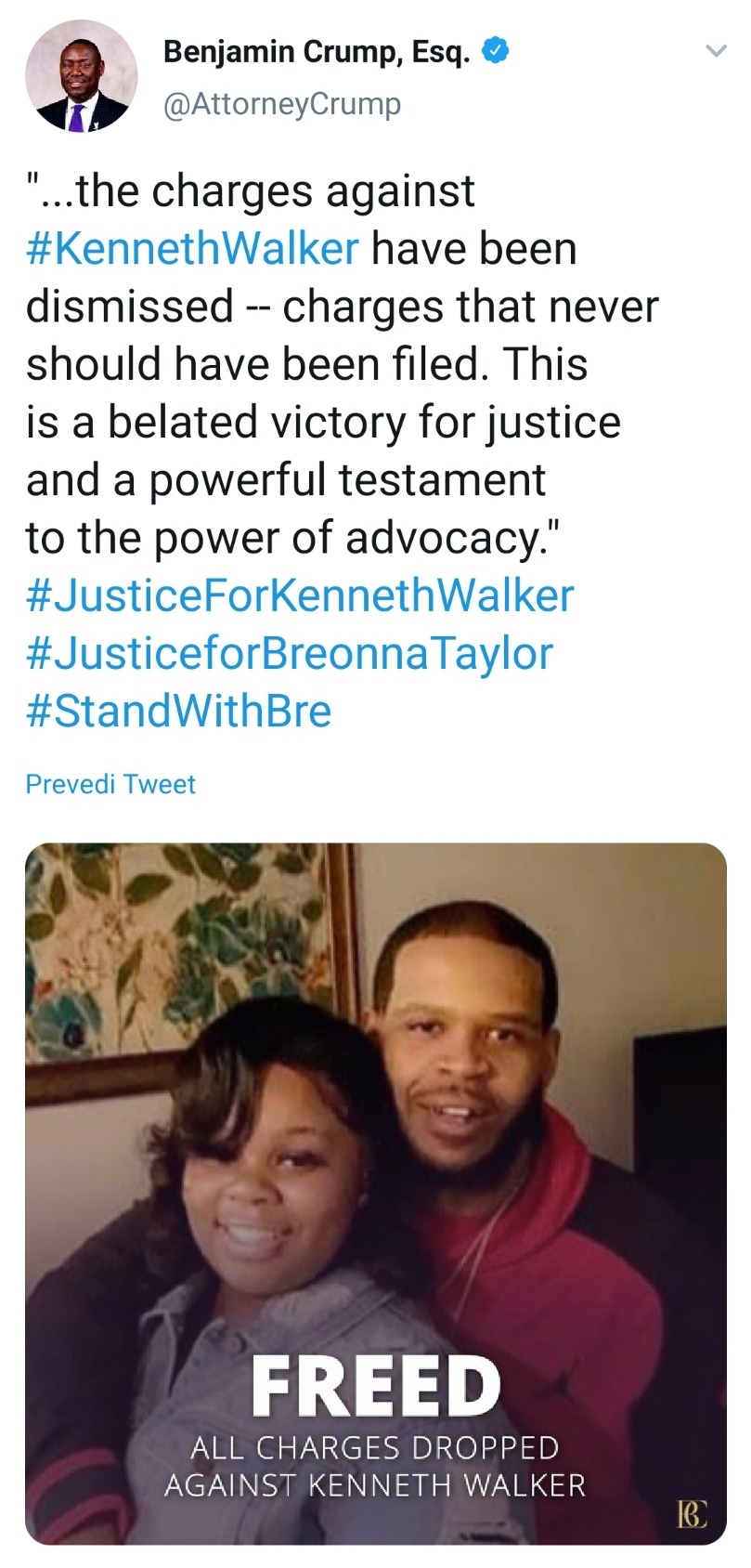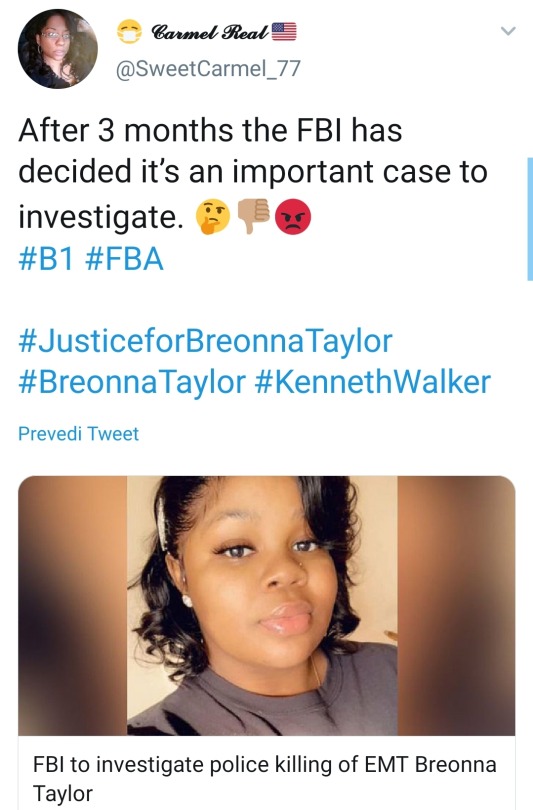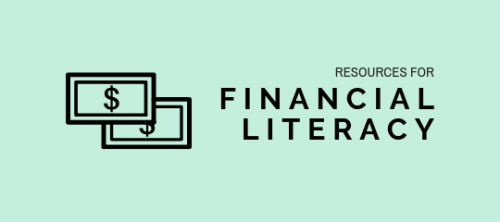How To Learn A Language When You Don’t Know Where To Start:
How to learn a language when you don’t know where to start:
General Plan:
Weeks 1 and 2: Purpose:
Learn the fundamentals sentence construction
Learn how to spell and count
Start building a phrase stockpile with basic greetings
The Alphabet
Numbers 1 - 100
Subject Pronouns
Common Greetings
Conjugate the Two Most Important Verbs: to be and to have
Basic Definite and Indefinite Articles
Weeks 3 and 4: Purpose:
Learn essential vocabulary for the day-to-day
Start conjugating regular verbs
Days of the Week and Months of the Year
How to tell the time
How to talk about the weather
Family Vocabulary
Present Tense Conjugations Verbs
Weeks 5 and 6: Purpose:
Warm up with the last of the day-to-day vocabulary
Add more complex types of sentences to your grammar
Colours
House vocabulary
How to ask questions
Present Tense Conjugations Verbs
Forming negatives
Weeks 7 and 8: Purpose:
Learn how to navigate basic situations in a region of your target language country
Finish memorising regular conjugation rules
Food Vocabulary and Ordering at Restaurants
Money and Shopping Phrases
Present Tense Conjugations Verbs
Weeks 9 and 10: Purpose:
Start constructing descriptive and more complex sentences
Adjectives
Reflective verbs
Places vocabulary
Weeks 11 and 12: Purpose:
Add more complex descriptions to your sentences with adverbs
Wrap up vocabulary essentials
Adverbs
Parts of the body and medical vocabulary
Tips for Learning a Foreign Language:
Learning Vocabulary:
What vocabulary should I be learning?
There are hundreds of thousands of words in every language, and the large majority of them won’t be immediately relevant to you when you’re starting out.Typically, the most frequent 3000 words make up 90% of the language that a native speaker uses on any given day. Instead try to learn the most useful words in a language, and then expand outwards from there according to your needs and interests.
Choose the words you want/need to learn.
Relate them to what you already know.
Review them until they’ve reached your long-term memory.
Record them so learning is never lost.
Use them in meaningful human conversation and communication.
How should I record the vocabulary?
Learners need to see and/or hear a new word of phrase 6 to 17 times before they really know a piece of vocabulary.
Keep a careful record of new vocabulary.
Record the vocabulary in a way that is helpful to you and will ensure that you will practice the vocabulary, e.g. flashcards.
Vocabulary should be organised so that words are easier to find, e.g. alphabetically or according to topic.
Ideally when noting vocabulary you should write down not only the meaning, but the grammatical class, and example in a sentence, and where needed information about structure.
How should I practice using the vocabulary?
Look, Say, Cover, Write and Check - Use this method for learning and remembering vocabulary. This method is really good for learning spellings.
Make flashcards. Write the vocabulary on the front with the definition and examples on the back.
Draw mind maps or make visual representations of the new vocabulary groups.
Stick labels or post it notes on corresponding objects, e.g when learning kitchen vocabulary you could label items in your house.
How often should I be practising vocabulary?
A valuable technique is ‘the principle of expanding rehearsal’. This means reviewing vocabulary shortly after first learning them then at increasingly longer intervals.
Ideally, words should be reviewed:
5-10 minutes later
24 hours later
One week later
1-2 months later
6 months later
Knowing a vocabulary item well enough to use it productively means knowing:
Its written and spoken forms (spelling and pronunciation).
Its grammatical category and other grammatical information
Related words and word families, e.g. adjective, adverb, verb, noun.
Common collocations (Words that often come before or after it).
Receptive Skills: Listening and Reading
Reading is probably one of the most effective ways of building vocabulary knowledge.
Listening is also important because it occupies a big chunk of the time we spend communicating.
Tips for reading in a foreign language:
Start basic and small. Children’s books are great practice for beginners. Don’t try to dive into a novel or newspaper too early, since it can be discouraging and time consuming if you have to look up every other word.
Read things you’ve already read in your native language. The fact that you at least know the gist of the story will help you to pick up context clues, learn new vocabulary and grammatical constructions.
Read books with their accompanying audio books. Reading a book while listening to the accompanying audio will improve your “ear training”. It will also help you to learn the pronunciation of words.
Tips for listening in a foreign language:
Watch films in your target language.
Read a book while also listening along to the audio book version.
Listen to the radio in your target language.
Watch videos online in your target language.
Activities to do to show that you’ve understood what you’ve been listening to:
Try drawing a picture of what was said.
Ask yourself some questions about it and try to answer them.
Provide a summary of what was said.
Suggest what might come next in the “story.”
Translate what was said into another language.
“Talk back” to the speaker to engage in imaginary conversation.
Productive Skills: Speaking and Writing
Tips for speaking in a foreign language:
If you can, try to speak the language every day either out loud to yourself or chat to another native speaker whether it is a colleague, a friend, a tutor or a language exchange partner.
Write a list of topics and think about what you could say about each one. First you could write out your thoughts and then read them out loud. Look up the words you don’t know. You could also come up with questions at the end to ask someone else.
A really good way to improve your own speaking is to listen to how native speakers talk and imitate their accent, their rhythm of speech and tone of voice. Watch how their lips move and pay attention to the stressed sounds. You could watch interviews on YouTube or online news websites and pause every so often to copy what you have just heard. You could even sing along to songs sung in the target language.
Walk around the house and describe what you say. Say what you like or dislike about the room or the furniture or the decor. Talk about what you want to change.This gets you to practise every day vocabulary.
Tips for writing in a foreign language:
Practice writing in your target language. Keep it simple to start with. Beginner vocabulary and grammar concepts are generally very descriptive and concrete.
Practice writing by hand. Here are some things you can write out by hand:
Diary entries
Shopping lists
Reminders
What could I write about?
Write about your day, an interesting event, how you’re feeling, or what you’re thinking.
Make up a conversation between two people.
Write a letter to a friend, yourself, or a celebrity. You don’t need to send it; just writing it will be helpful.
Translate a text you’ve written in your native language into your foreign language.
Write a review or a book you’ve recently read or a film you’ve recently watched.
Write Facebook statuses, Tweets or Tumblr posts (whether you post them or not will be up to you).
Write a short story or poem.
Writing is one of the hardest things to do well as a non-native speaker of a language, because there’s no room to hide.
There are lots of ways to improve your writing ability, but they can be essentially boiled down to three key components:
Read a lot
Write a lot
Get your writing corrected
More Posts from Midstofspring and Others


It is refreshing to see a congresswoman, who is unencumbered by corporate cash, speak truth to power.

when your friend does something problematic and you sadly have to correct them



Marpessa Dawn in Black Orpheus (1959) dir. Marcel Camus

Michelle Reis and Takeshi Kaneshiro in Wong Kar Wai’s Fallen Angels (1996)
DP: Christopher Doyle





#JusticeForBreonnaTaylor
The police officers were at the wrong home, in the middle of the night, serving a no-knock warrant thinking they would find drugs at the residence (which they did not, as neither Kenneth nor Breonna were drug dealers, nor was their home a trap house). Kenneth was frightened and thought the house was being broken into, and he fired one shot thinking he was defending the lives of his girlfriend and himself. Breonna was then shot EIGHT times and passed away.
He was charged with the attempted murder murder of a police officer and assault, despite not knowing at the time that those were officers, not burglars breaking in (they were plain-clothed, and Breonna and Kenneth were innocent of any crime, so how would he know), and a police sergeant intentionally omitted that information in front of the grand jury. The sergeant also did not mention that Breonna was killed by police at the scene when they shot at the pair, in fact - she didn't even mention her existence, and her testimony played a crucial role in the grand jury choosing to charge Kenneth with what they did. Sergeant Amanda Seelye misled them severely.
Seelye also told the grand jury that officers knocked, repeatedly announced themselves and then procceeded to break the door open and were immediately met by gunfire, which has been disputed by SIX WITNESSES that say there was no knocking or announcing. The mentioned "gunfire" was a single bullet.

My brain was my substitute when my heart was wet Carrying unwanted memories gave me the chills Crime has no erasure, When the trauma plays like street children
- Lady Sira






i mentioned this briefly in my recent vlog about how important it is to gain a better understanding of finances + i figured that it might be nice to share some resources for gaining financial literacy! hope this helps ✨
why financial literacy is important
resources on financial literacy from the national credit union administration
harvard’s take on financial literacy + additional links within that page
how credit cards work
tips for improving your credit score
how to check and improve your credit score
khan academy course on finance
cnn money 101
mymoney.gov from the financial literacy commission
gcf lessons (includes lessons on work / career / internet / microsoft / etc as well)
ally wallet wise
money as you grow
adult budgeting 101
tips for paying off student loans
common ways you waste money
strategies for paying off student loans
how insurance works
personal loans 101
guide to getting out of debt
how student loans work

The rage that I feel.
-
 returnofxelith liked this · 3 weeks ago
returnofxelith liked this · 3 weeks ago -
 haelrichardson liked this · 3 weeks ago
haelrichardson liked this · 3 weeks ago -
 starrymoonbear liked this · 4 weeks ago
starrymoonbear liked this · 4 weeks ago -
 aching-for-strength liked this · 1 month ago
aching-for-strength liked this · 1 month ago -
 contumaciouslyme liked this · 1 month ago
contumaciouslyme liked this · 1 month ago -
 spiderlighter liked this · 1 month ago
spiderlighter liked this · 1 month ago -
 angel--fish reblogged this · 1 month ago
angel--fish reblogged this · 1 month ago -
 strangeblackgirl liked this · 1 month ago
strangeblackgirl liked this · 1 month ago -
 acoustickitten reblogged this · 2 months ago
acoustickitten reblogged this · 2 months ago -
 selfimprovmint reblogged this · 2 months ago
selfimprovmint reblogged this · 2 months ago -
 luxlila liked this · 2 months ago
luxlila liked this · 2 months ago -
 batteryacidpussy liked this · 2 months ago
batteryacidpussy liked this · 2 months ago -
 taylorj236-blog liked this · 2 months ago
taylorj236-blog liked this · 2 months ago -
 portokalija reblogged this · 2 months ago
portokalija reblogged this · 2 months ago -
 littlelessconvo reblogged this · 2 months ago
littlelessconvo reblogged this · 2 months ago -
 plutomarslovechild liked this · 2 months ago
plutomarslovechild liked this · 2 months ago -
 cryptids-langblr reblogged this · 3 months ago
cryptids-langblr reblogged this · 3 months ago -
 xx-emmacarstairs-xx liked this · 3 months ago
xx-emmacarstairs-xx liked this · 3 months ago -
 theeebsknees liked this · 3 months ago
theeebsknees liked this · 3 months ago -
 cb-reblogs reblogged this · 3 months ago
cb-reblogs reblogged this · 3 months ago -
 cb-reblogs reblogged this · 3 months ago
cb-reblogs reblogged this · 3 months ago -
 mylikesaretoocluttered reblogged this · 3 months ago
mylikesaretoocluttered reblogged this · 3 months ago -
 shiroyukixkuroha liked this · 3 months ago
shiroyukixkuroha liked this · 3 months ago -
 ice-age-men liked this · 4 months ago
ice-age-men liked this · 4 months ago -
 organised-kitty liked this · 4 months ago
organised-kitty liked this · 4 months ago -
 cardamon11 liked this · 4 months ago
cardamon11 liked this · 4 months ago -
 theladywith1000names reblogged this · 4 months ago
theladywith1000names reblogged this · 4 months ago -
 sunseeker-sightseer liked this · 4 months ago
sunseeker-sightseer liked this · 4 months ago -
 tokwaho liked this · 4 months ago
tokwaho liked this · 4 months ago -
 sontagshawl liked this · 4 months ago
sontagshawl liked this · 4 months ago -
 chantilly8 liked this · 4 months ago
chantilly8 liked this · 4 months ago -
 shesluxuriousx reblogged this · 4 months ago
shesluxuriousx reblogged this · 4 months ago -
 richintwentytwentyfour reblogged this · 4 months ago
richintwentytwentyfour reblogged this · 4 months ago -
 blerglblerglblerg reblogged this · 4 months ago
blerglblerglblerg reblogged this · 4 months ago -
 prettiestudies liked this · 4 months ago
prettiestudies liked this · 4 months ago -
 thegospelofmarcbymarcjacobs reblogged this · 4 months ago
thegospelofmarcbymarcjacobs reblogged this · 4 months ago -
 sourdoughsoul liked this · 5 months ago
sourdoughsoul liked this · 5 months ago -
 111-444-222 liked this · 5 months ago
111-444-222 liked this · 5 months ago -
 thingsthatmakemegoskeet liked this · 5 months ago
thingsthatmakemegoskeet liked this · 5 months ago -
 bbyamhwa reblogged this · 5 months ago
bbyamhwa reblogged this · 5 months ago -
 thegreatbraincellfamine liked this · 5 months ago
thegreatbraincellfamine liked this · 5 months ago -
 liffeofmafe liked this · 5 months ago
liffeofmafe liked this · 5 months ago -
 rararamamaaaaa liked this · 5 months ago
rararamamaaaaa liked this · 5 months ago -
 daisy17duke-blog liked this · 5 months ago
daisy17duke-blog liked this · 5 months ago -
 abstractsoulx liked this · 5 months ago
abstractsoulx liked this · 5 months ago -
 chayoa liked this · 5 months ago
chayoa liked this · 5 months ago -
 mindmypistachiownbusiness liked this · 6 months ago
mindmypistachiownbusiness liked this · 6 months ago
just my evolving mind depending upon magic and rhymes.
185 posts